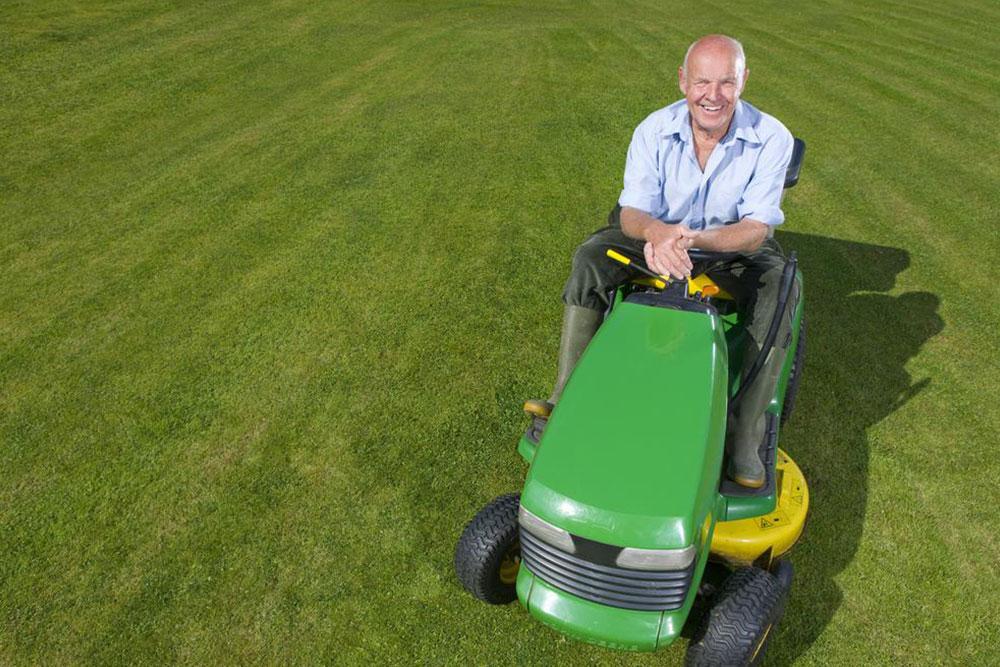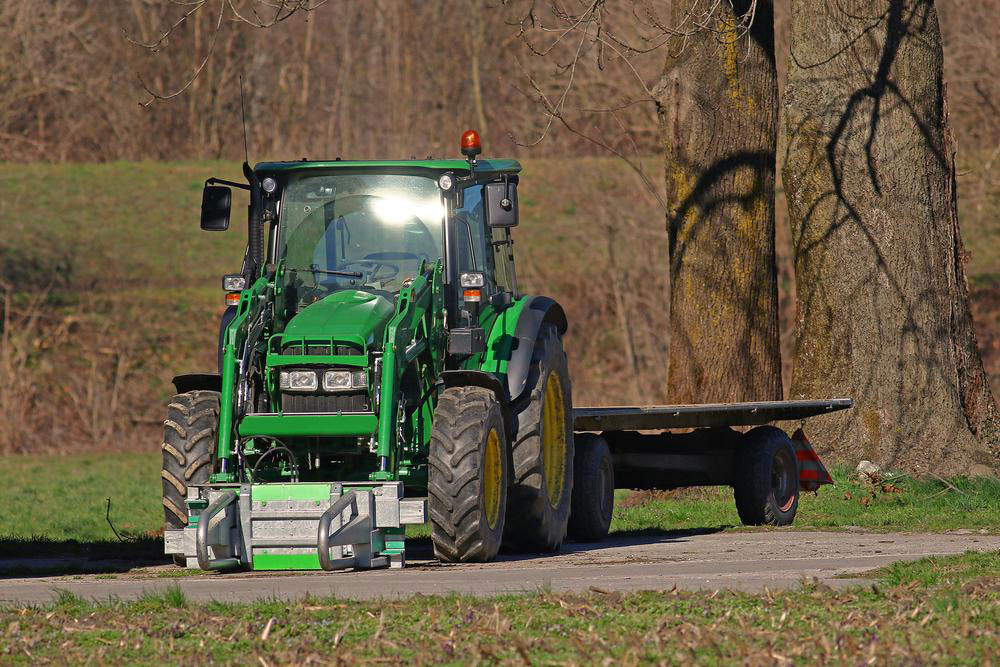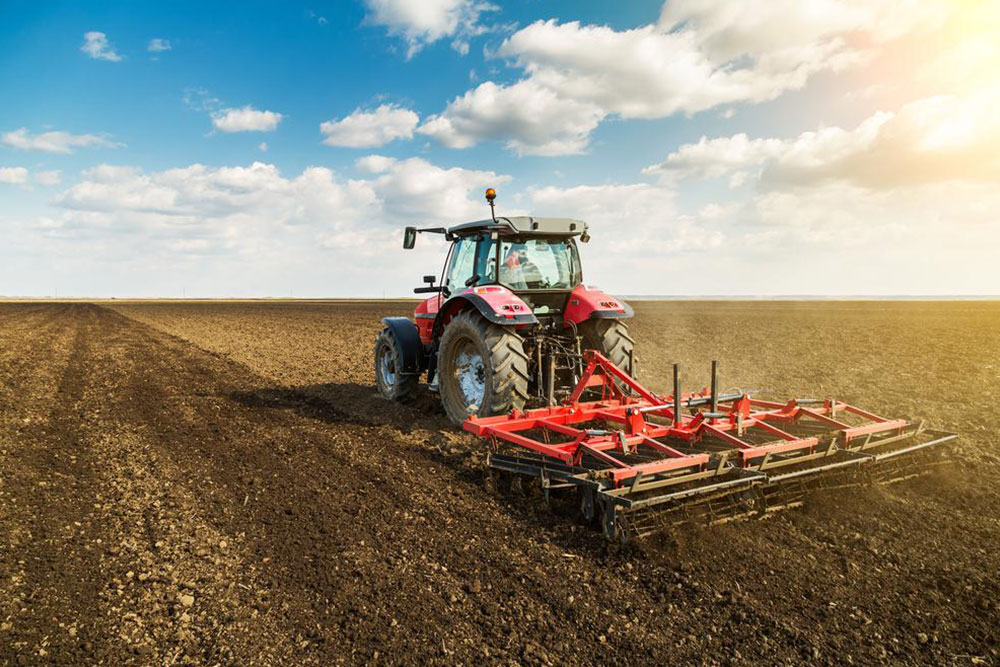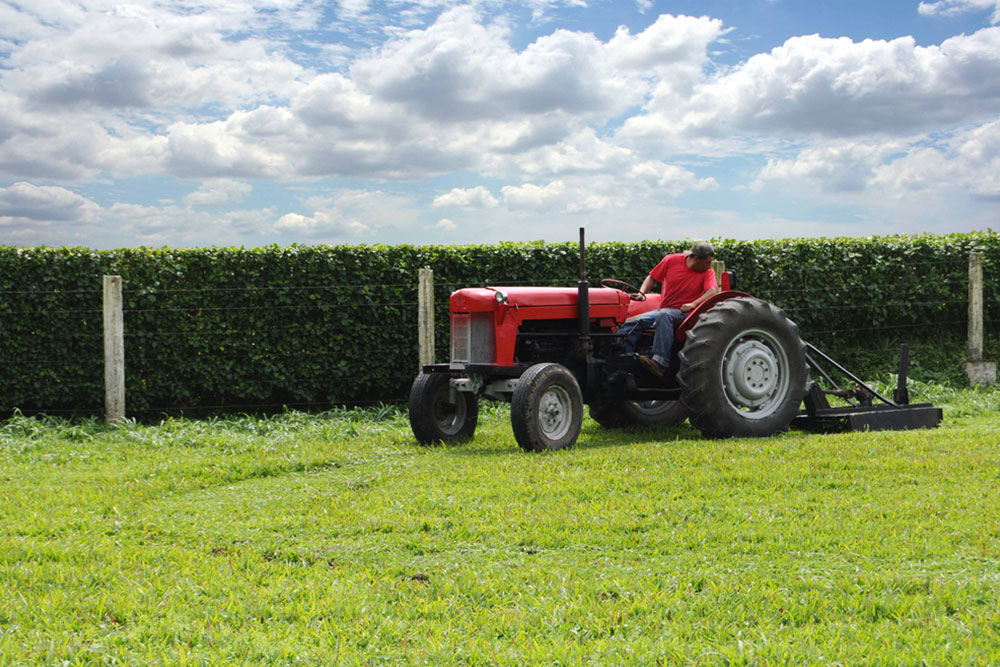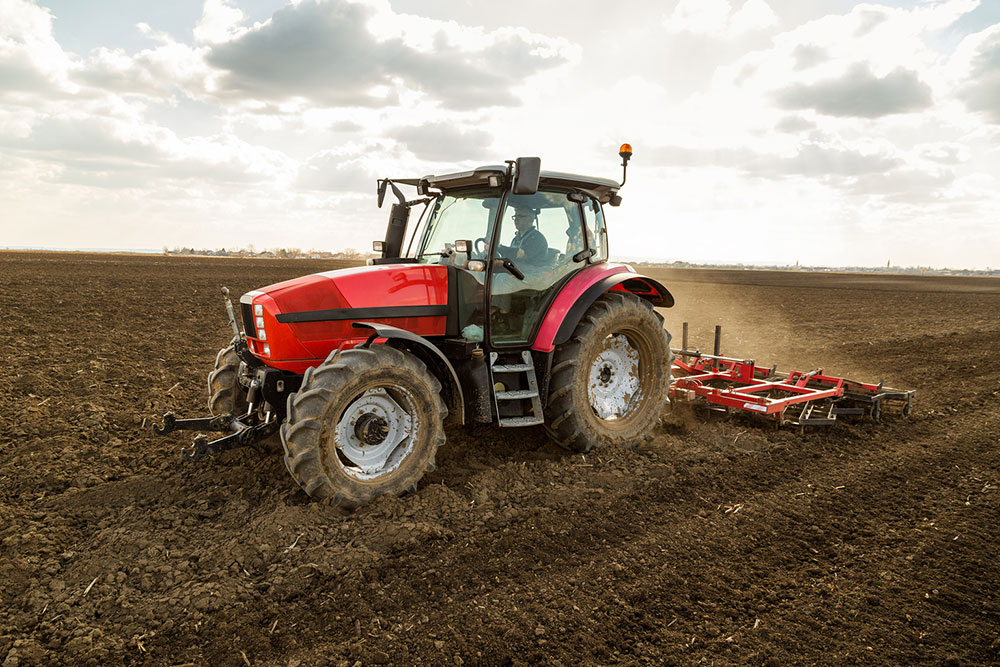Complete Guide to Buying Used Tractors: Tips, Valuation, and Best Practices
This comprehensive guide offers valuable insights into buying used tractors, covering evaluation methods, critical factors influencing value, and strategic tips to maximize resale and purchase value. It helps farmers and buyers make informed decisions, ensuring cost-effective and reliable equipment investments in agriculture. Understanding key considerations like condition, age, and market demand is essential for successful transactions in the used tractor marketplace.
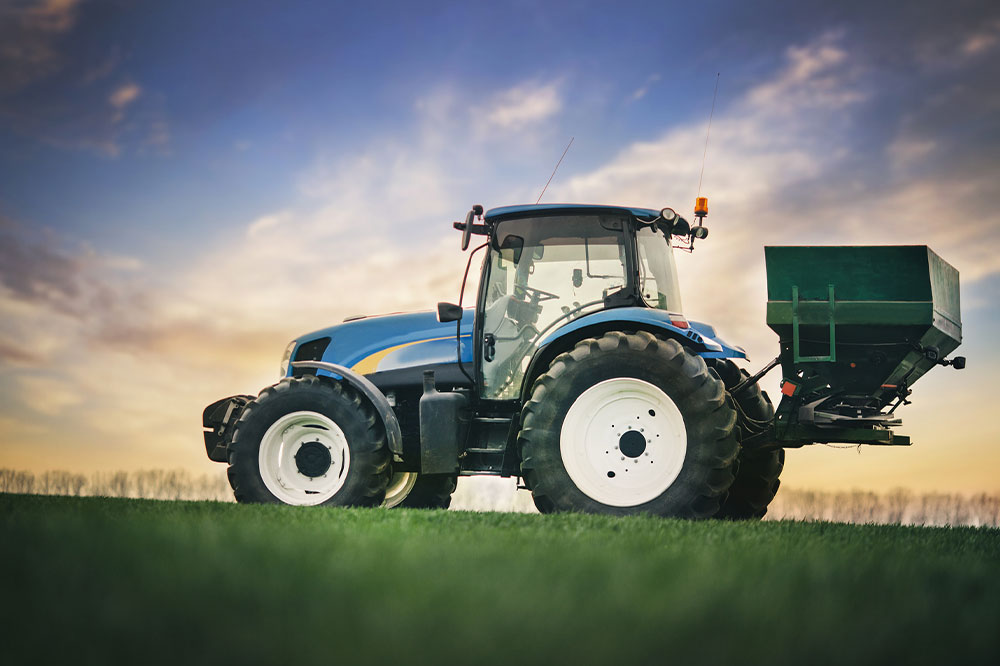
Complete Guide to Buying Used Tractors: Tips, Valuation, and Best Practices
In the world of agriculture, tractors are indispensable pieces of equipment that significantly impact productivity and efficiency. When considering a new tractor purchase, many farmers and equipment operators are turning to the used market for cost-effective and flexible options. Purchasing a pre-owned tractor can lead to substantial savings, access to reliable machinery, and a wide selection of models suited to different farming needs. However, it’s crucial to understand the intricacies involved in evaluating the true worth of a used tractor to make an informed decision. This comprehensive guide aims to clarify all essential aspects related to buying used tractors, including how to determine their value, factors that influence pricing, tips to maximize used tractor value, and common pitfalls to avoid.
Why Opt for a Used Tractor?
Before diving into the evaluation process, it’s helpful to understand why many agricultural professionals prefer used tractors over brand-new ones. Used machinery offers significant advantages such as cost savings, quick availability, and sometimes even higher-grade features at a lower price point. Additionally, many used tractors have already proven their durability in the field, and with proper maintenance, they can serve effectively for years to come. As agriculture becomes more competitive and margins narrower, opting for a pre-owned tractor becomes an attractive solution for small to medium-sized farms, start-ups, or those with budget constraints.
Another compelling reason to consider used tractors is the abundance of manufacturer support, parts availability, and a growing community of experienced farmers and mechanics accustomed to repairing and maintaining older models. However, despite these advantages, buyers need to proceed with care, ensuring they understand the key factors that influence the value and longevity of a used tractor.
How to Accurately Determine the Market Value of a Used Tractor
Determining the fair market value of a pre-owned tractor is critical in avoiding overpayment and ensuring a good resale price in the future. Several methods and practical approaches can help buyers and sellers accurately appraise a tractor’s worth. This section elaborates on the most effective strategies to evaluate a used tractor’s value.
Self-Assessment Using Online Tools
One of the most accessible evaluation methods is leveraging online valuation tools. Many websites, including machinery marketplaces and agricultural equipment platforms, offer free or low-cost valuation calculators. These tools typically require input details such as the tractor’s make, model, manufacturing year, original purchase price, current condition, hours of usage, and any modifications or upgrades. Based on this data, the tool provides an estimated market value.
This quick and convenient approach helps buyers establish a baseline figure, allowing them to negotiate confidently or decide whether the asking price is fair. It’s important to remember that these online assessments are approximate and should be supplemented with other evaluation methods for accuracy.
Professional Appraisal by Industry Experts
For an in-depth and precise valuation, hiring a professional appraiser or a seasoned mechanic specialized in agricultural equipment is advisable. These experts perform comprehensive inspections, assessing the tractor’s core components, engine performance, hydraulic systems, tires, and overall functionality. They also consider the tractor’s history, maintenance records, and usage patterns. A professional appraisal provides an unbiased, detailed estimate that reflects the current market conditions and the specific condition of the machine.
While this approach involves an initial cost, it often pays off by preventing overpaying or underselling, ensuring both buyers and sellers are confident in their transactions. Many farmers and dealers prefer professional appraisals for high-value or vintage tractors where subtle issues could impact value significantly.
Key Factors That Affect Used Tractor Pricing
Numerous elements influence the market value of a used tractor, and understanding these factors is essential for buyers and sellers alike. While the exact price can vary based on regional demand and specific circumstances, the following are the most significant considerations:
Age of the Tractor
Generally, newer models tend to have higher resale values due to improved technology, durability, and compliance with current safety standards. An older tractor may have decreased value, especially if it shows signs of wear or lacks modern features.
Operating Hours and Usage
The total hours or distance traveled by the tractor is a key indicator of wear and tear. Tractors with lower hours—say under 1,500 hours—are usually valued higher because they are presumed to have less mechanical fatigue, extending their remaining lifespan.
Condition and Maintenance History
Well-maintained tractors in excellent condition command premium prices. Visible wear, rust, repainting, or mechanical issues like engine problems, hydraulic leaks, or worn-out tires decrease value. A comprehensive maintenance log shows proper care and can enhance confidence in the machine’s reliability.
Brand and Model
Some brands are more recognized for durability and performance, such as John Deere, Kubota, or Massey Ferguson. Popular models with a proven track record tend to appreciate in value and are easier to resell.
Market Demand and Regional Factors
The local demand for specific tractor types, attachments, or horsepower ranges also impacts value. During planting or harvesting seasons, prices may peak due to increased demand.
Strategies to Maximize the Resale or Purchase Value of a Used Tractor
Whether you’re buying to keep long-term or selling a used tractor, applying smart strategies can boost its value. Here are actionable tips to optimize the worth of your equipment:
Regular and Proper Maintenance
Consistent servicing significantly preserves a tractor’s performance and appearance. Routine oil changes, filter replacements, brake inspections, and hydraulic system checks ensure mechanical components remain in optimal condition. Addressing minor issues immediately prevents costly repairs down the line and maintains resale value.
Make Necessary Upgrades and Repairs
Upgrading key parts like tires, hydraulic hoses, and engine components not only improves operational efficiency but also makes the tractor more attractive to buyers. Simple cosmetic improvements, such as resealing or repainting, can also enhance appeal. Investing in quality repairs and upgrades ensures the machine remains competitive in the resale market.
Documentation and Records
Maintaining detailed service records, receipts, and logs of repairs increases buyer confidence and can justify a higher price. Transparency about the tractor’s history reassures buyers of its reliability.
Handling Vintage or Classic Models
For vintage or collectible tractors, authenticity matters. Using original spare parts during restoration, professional servicing, and preserving original features can significantly boost value. Properly restoring a vintage tractor to its original condition can attract collectors and enthusiasts willing to pay premium prices.
Conclusion: Making Smarter Buying and Selling Decisions
Opting for a used tractor offers numerous benefits, but success hinges on thorough knowledge and careful evaluation. Understanding the primary factors affecting value and utilizing proper assessment methods enable buyers to make confident decisions, secure better deals, and avoid costly mistakes. Sellers, on the other hand, can enhance their machinery’s attractiveness and price by maintaining it diligently and presenting comprehensive documentation. While new tractors are appealing, used equipment remains a practical and economical choice for many in agriculture if approached with due diligence.
By applying these insights, farmers and equipment operators can navigate the used tractor market more effectively, ensuring investments are sound and operational needs are met with reliability and confidence.
